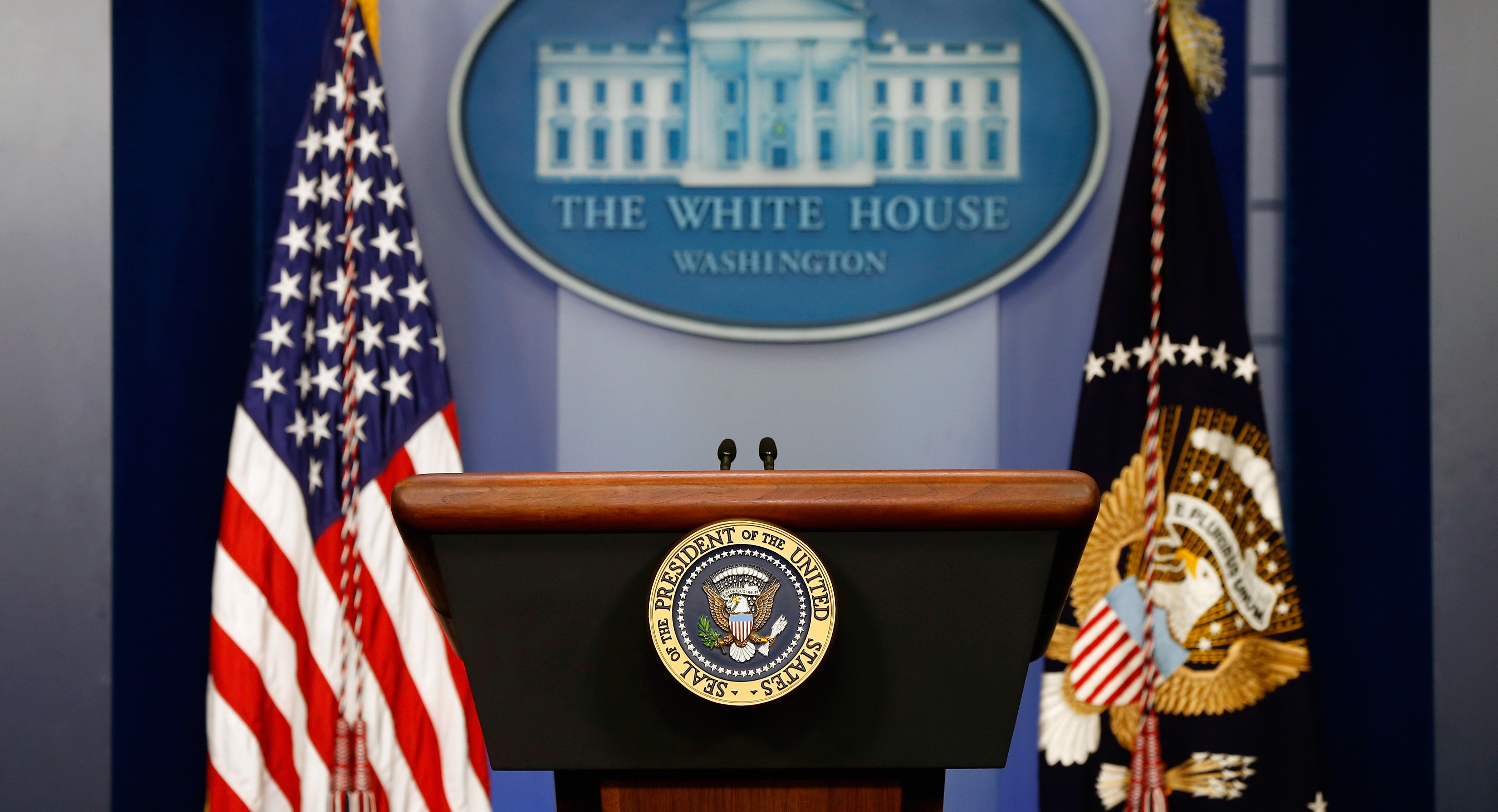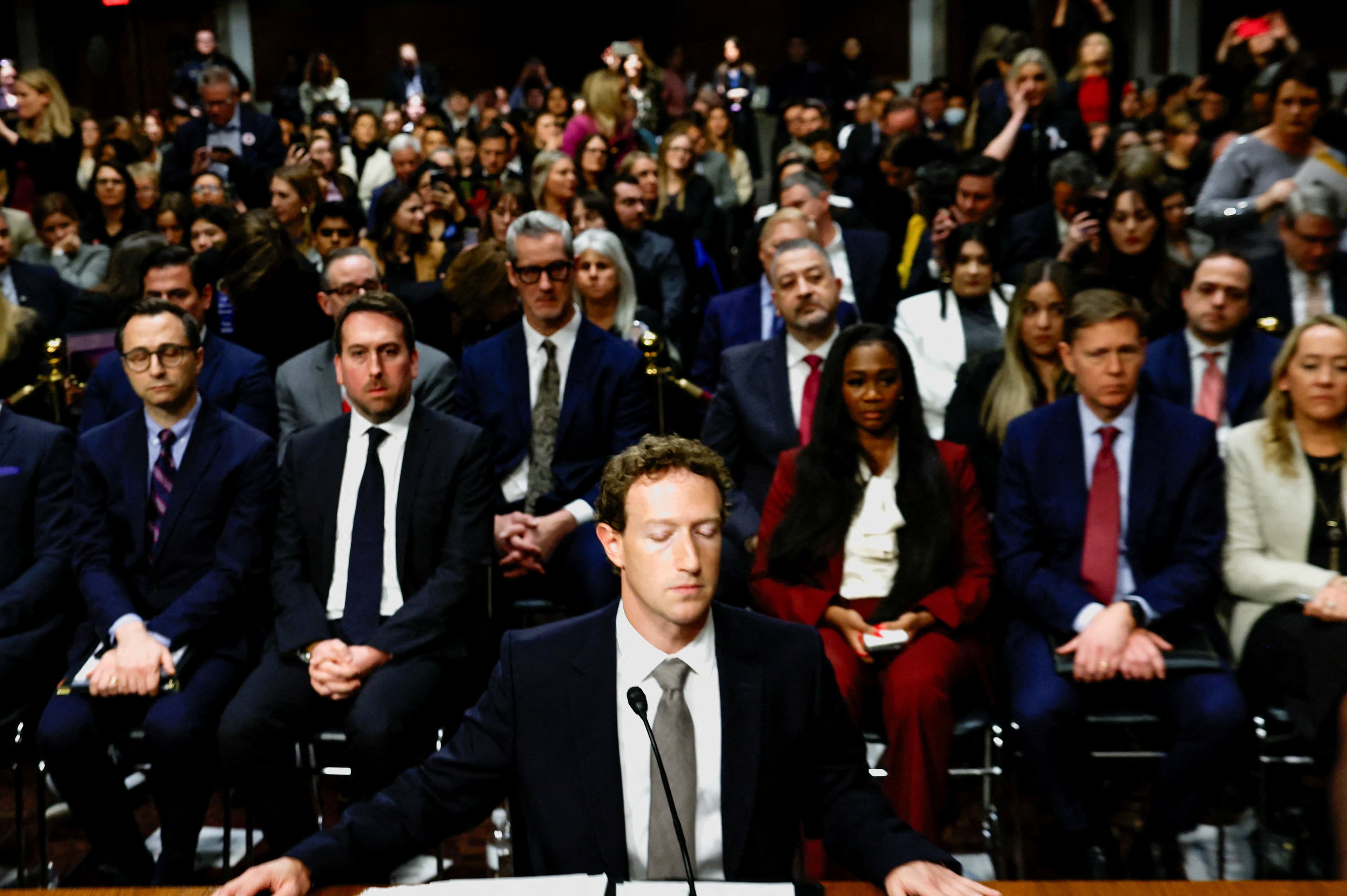The echoes of history resonate through the halls of modern governance, where the stark reality of propaganda and public manipulation remains as relevant as ever. As we delve into the tactics employed during World War I, it becomes painfully clear that the $500 million spent on propaganda in the early 20th century serves as a chilling reminder of how governments can distort public opinion to justify their agendas. This historical analysis sheds light on the ongoing struggle for transparency in government communication and the pressing need for robust digital rights protections today.
World War I Propaganda Shaped Public Perception
During World War I, the United States produced more propaganda posters than any other nation, using vivid imagery and patriotic slogans to rally support. These posters depicted a narrative of liberty and civilization, urging men to enlist and women to support the war effort as nurses. The emotional weight of these images was designed to instill fear and duty, manipulating public sentiment to align with government objectives. As reported by NCpedia, the posters not only encouraged enlistment but also promoted the purchase of Liberty Bonds, showcasing how financial support was framed as a patriotic duty.
Modern Propaganda in the Digital Age
Fast forward to today, and the tactics of manipulation have evolved but not disappeared. With the advent of social media, governments and corporations wield unprecedented power to shape narratives. The same principles of propaganda are at play, now amplified by technology that can spread information—or misinformation—at lightning speed. The lessons from World War I are applicable as we confront the challenges of misinformation and the erosion of trust in digital platforms.
The Cost of Digital Manipulation
The financial implications of modern propaganda are staggering. While the expenditure of $500 million in the early 1900s seems colossal, today’s digital advertising budgets dwarf this figure. Companies and governments alike invest billions in targeted ads, often using sophisticated algorithms to manipulate users’ emotions and opinions. This raises critical questions about who controls the narrative and what ethical boundaries are crossed in the pursuit of influence.
\n\n
Daily White House press briefing to stay in the West Wing ...
The Urgent Need for Privacy Protections
As political manipulation becomes more sophisticated, the need for comprehensive digital rights protections becomes increasingly urgent. Citizens must be empowered to control their data and understand how it is used. With ongoing debates about surveillance and data privacy, parallels can be drawn to the propaganda efforts of the past. Just as citizens were urged to buy Liberty Bonds, today they are encouraged to share personal information for perceived convenience, often without understanding the long-term consequences.
Implications for Democracy and Accountability
The intersection of technology and governance raises profound questions about accountability. In a world where propaganda can be disseminated through social media, the responsibility of tech companies grows. As reported by Krstarica, the role of media in shaping public opinion cannot be overstated. The potential for abuse is significant, making it imperative for lawmakers to enact regulations that ensure transparency and protect citizens from manipulation.
Moving Forward: A Call to Action
The historical context of World War I propaganda serves as a critical lens through which we must view today’s technology landscape. The need for a Digital Bill of Rights is more pressing than ever, advocating for privacy, transparency, and accountability in the digital age. Citizens must demand that their rights are protected, just as they rallied for support during the war. The battle for digital rights is not just a contemporary issue; it is a continuation of a struggle that has persisted throughout history.

Sen. Amy Klobuchar speaks at Trump inauguration







![[Video] Gunfire between Iraqi security forces and Sadr militias in Baghdad](/_next/image?url=%2Fapi%2Fimage%2Fthumbnails%2Fthumbnail-1768343508874-4redb-thumbnail.jpg&w=3840&q=75)
